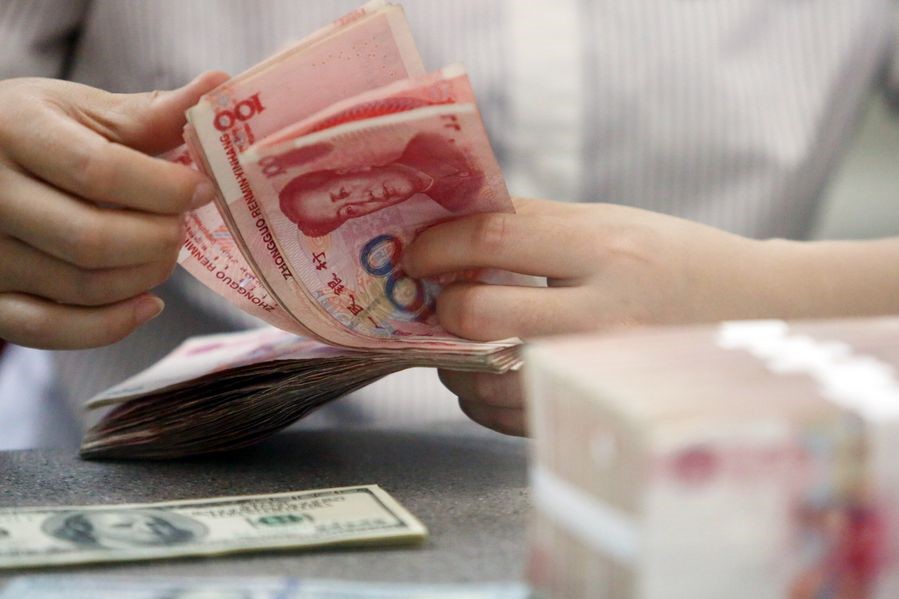More monetary support likely, experts say


China is able to maintain its own cycle of monetary easing and will inject momentum into the world economy amid fears of tighter global financial conditions, experts said on Thursday.
The People's Bank of China, the country's central bank, may still cut interest rates in the near term, even as the United States Federal Reserve said on Wednesday it was planning tightening measures in March.
Wang Qian, Vanguard's Asia-Pacific chief economist, said that while most of the world starts to tamp down on economic stimulus to tame inflation, China is poised to add fuel to its economy, which will partially offset the impact on global markets of tightening in developed economies.
Wang said she expects the central bank to front-load accommodative measures to ensure that policy effects will be felt later this year and offset the impact of the property sector slowdown, COVID-19 cases and external uncertainties.
The comments came after geopolitical tensions and tightening plans of major central banks converged, which could weaken global financial markets and undermine global economic recovery.
US Federal Reserve Chairman Jerome Powell told the US Congress on Wednesday that he plans to propose a 25 basis point interest rate hike this month, while noting that geopolitical tensions may have highly uncertain impacts on the US economy.
Despite the Fed's looming rate hike, there remains room for China's central bank to cut the policy interest rates of medium-term lending facilities in the coming months, said Wu Chaoming, deputy dean of Chasing Institute.
"The domestic economic situation, rather than other central bank actions, dominates China's monetary policy setting, thanks to the country's vast economy and a strong Chinese yuan, which has increasingly gained the status of a safe-haven asset," Wu said.
The central parity of the onshore yuan saw its biggest jump in seven months of 335 basis points to 6.3016 against the dollar on Thursday, sending the year-to-date gain against the greenback to 741 basis points, according to the China Foreign Exchange Trade System.
A moderately accommodative monetary environment in China will not only help consolidate an incipient stabilization of the domestic economy, but also help prop up the global economy by boosting China's demand for external goods and services, Wu said.
David Blair, vice-president and senior economist at the Center for China and Globalization, said the central bank has been "responsible" in its reactions to the COVID-19 pandemic by avoiding excessive stimuli from driving up debt levels, which has also helped maintain global financial stability.
Having seen financial risks tapering off with the macro leverage ratio dropping to 272.5 percent by the end of last year, China is confident of "safeguarding the bottom line of avoiding systemic financial risks", the central bank said on Thursday.




































